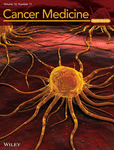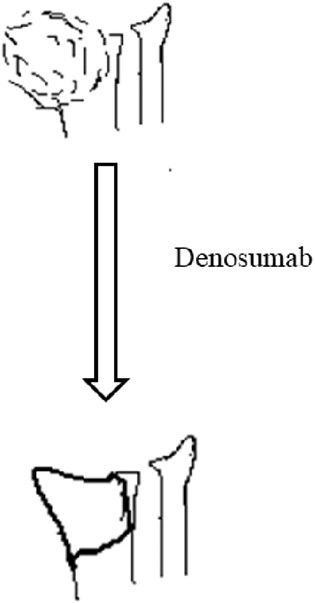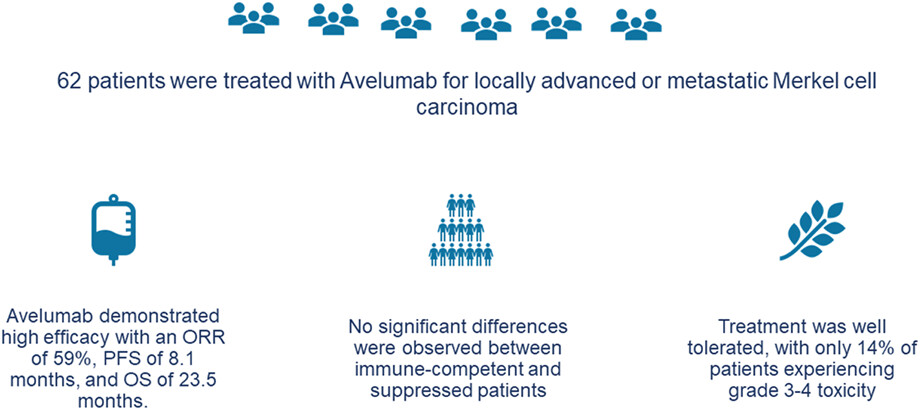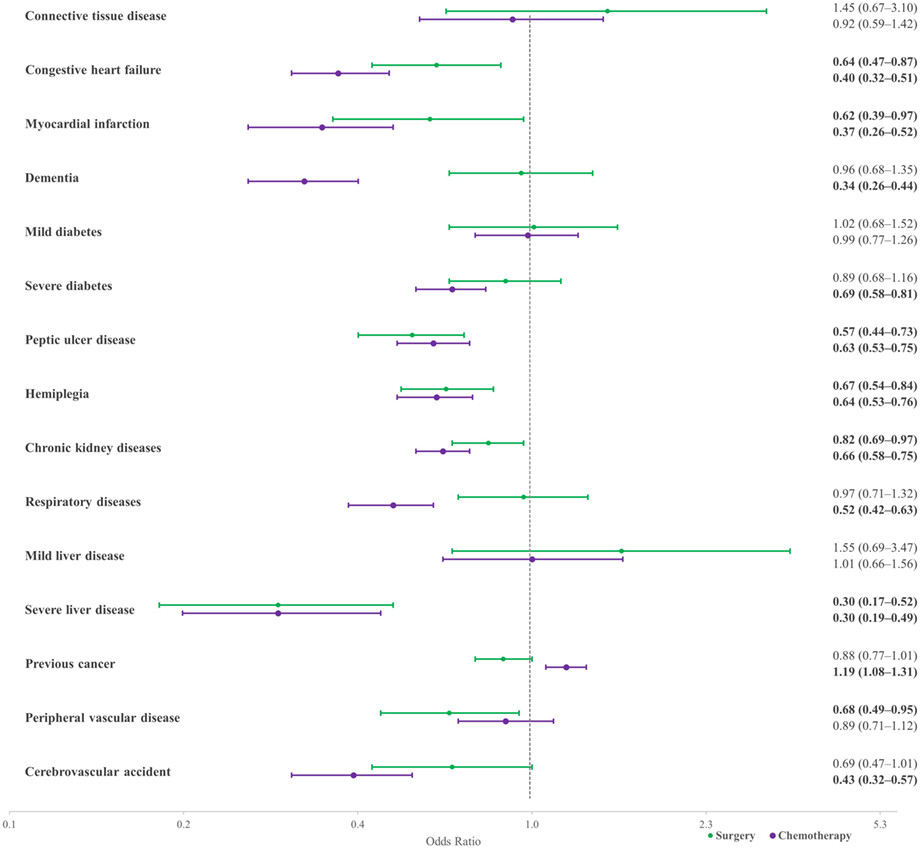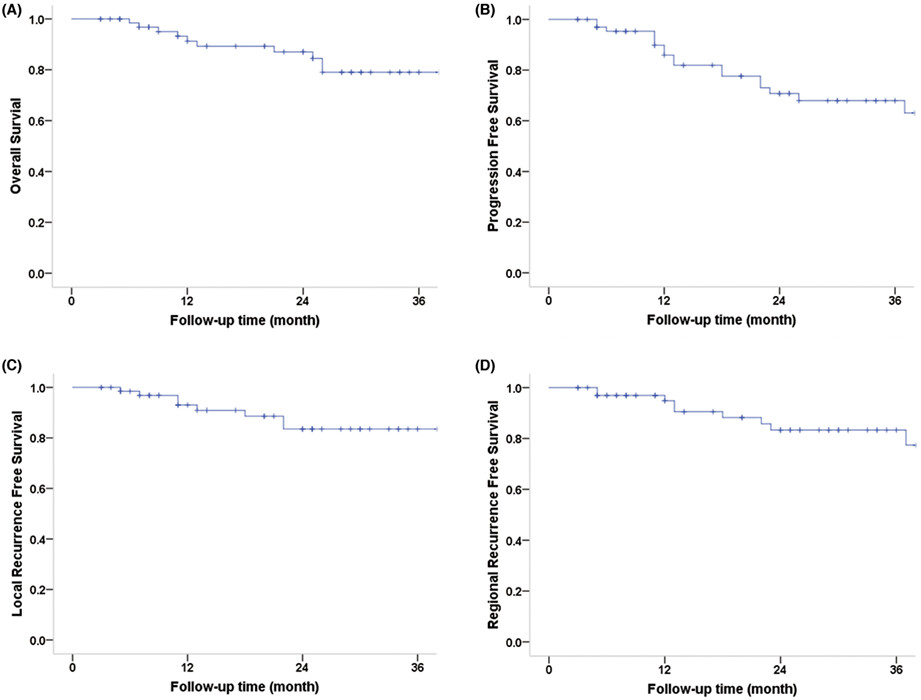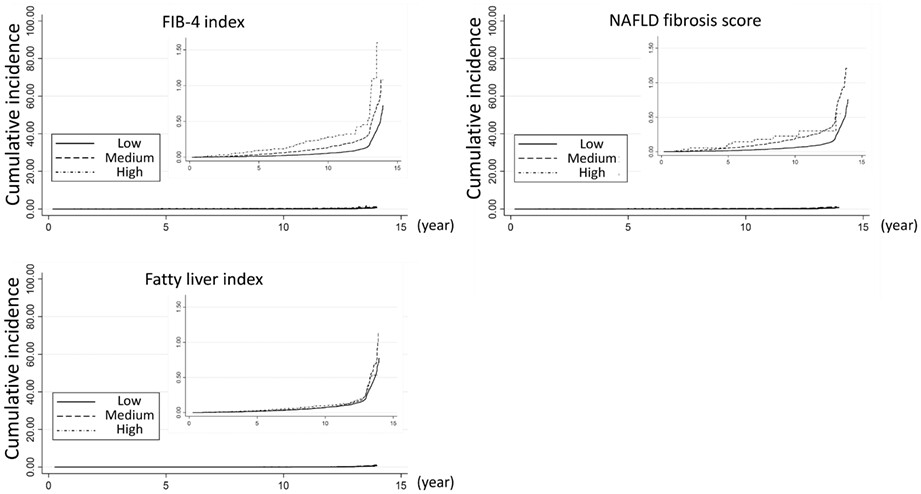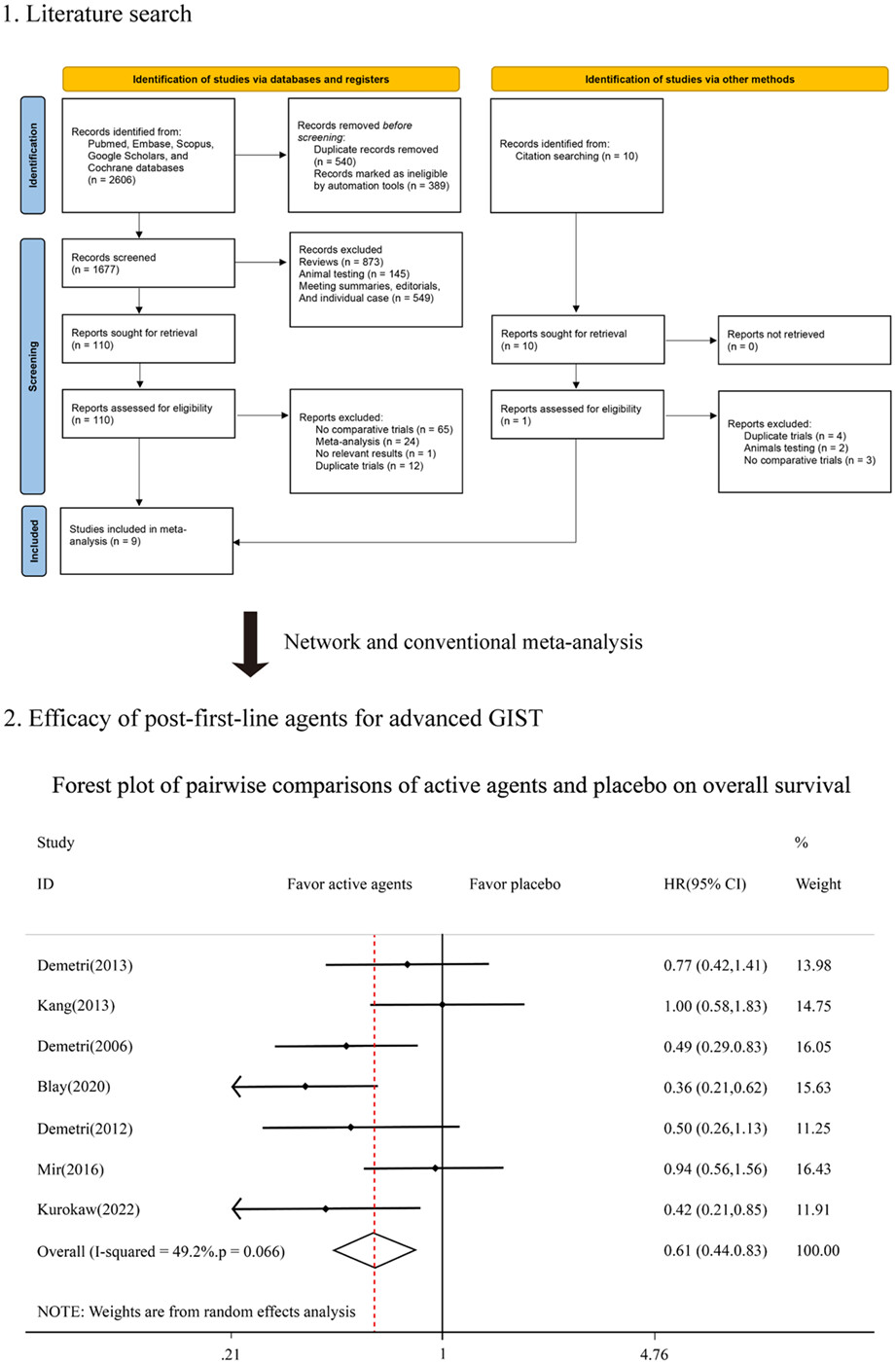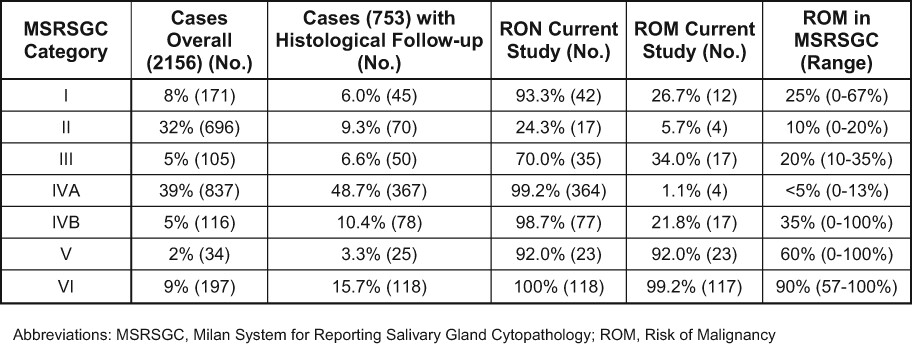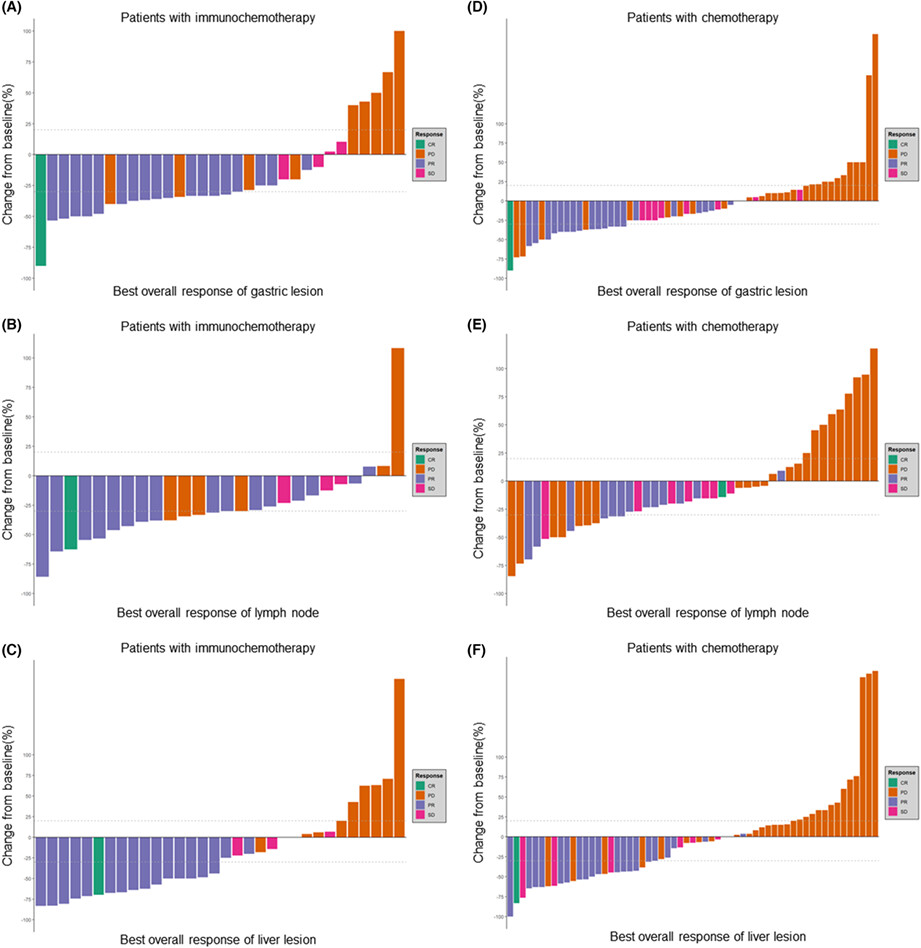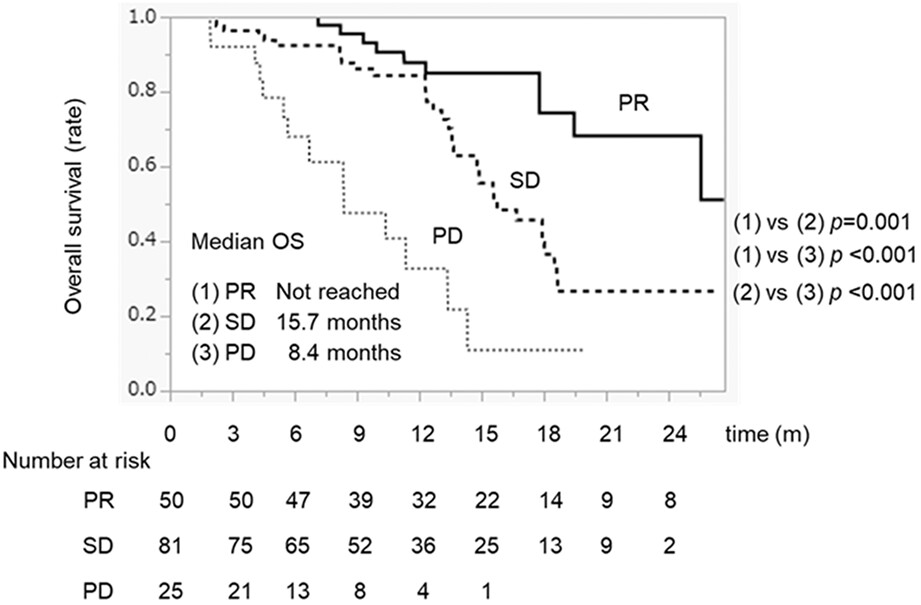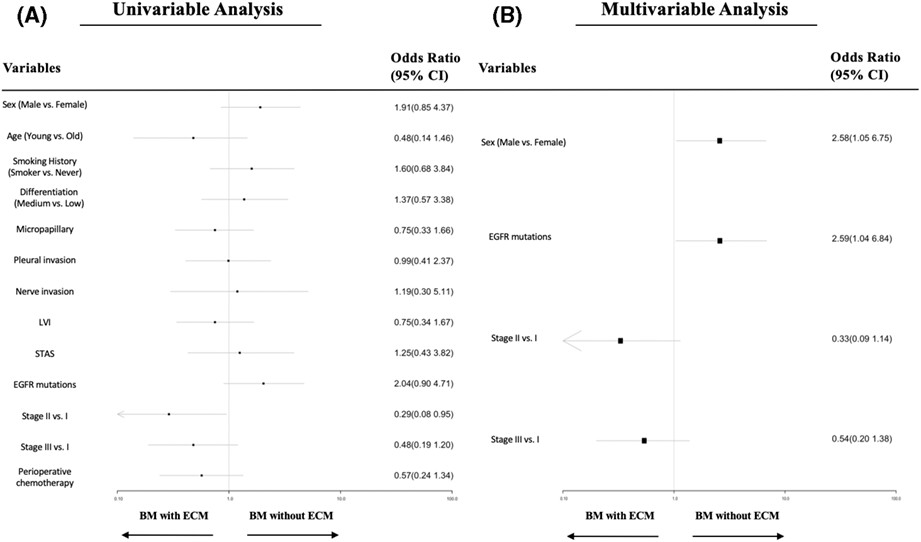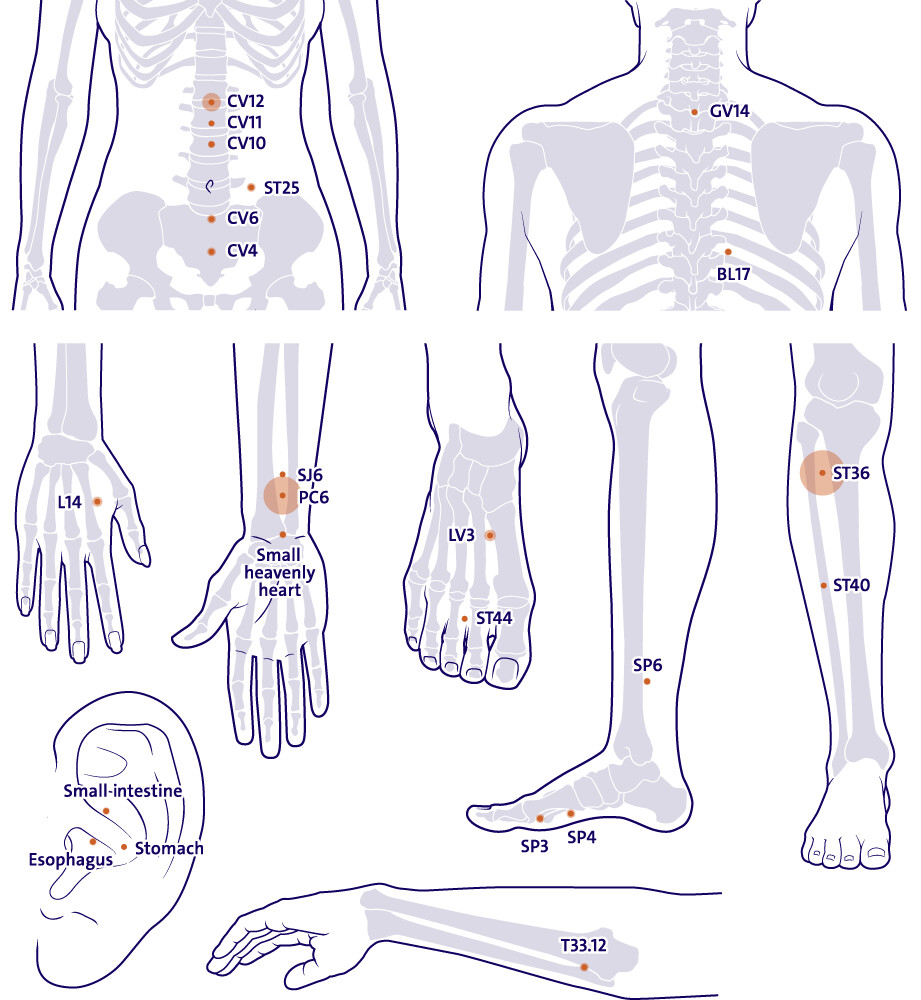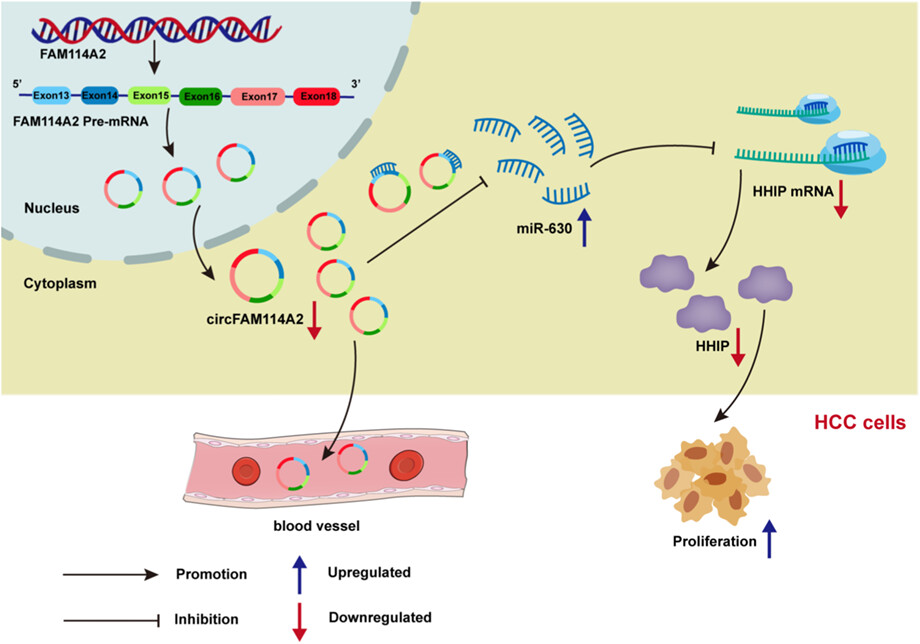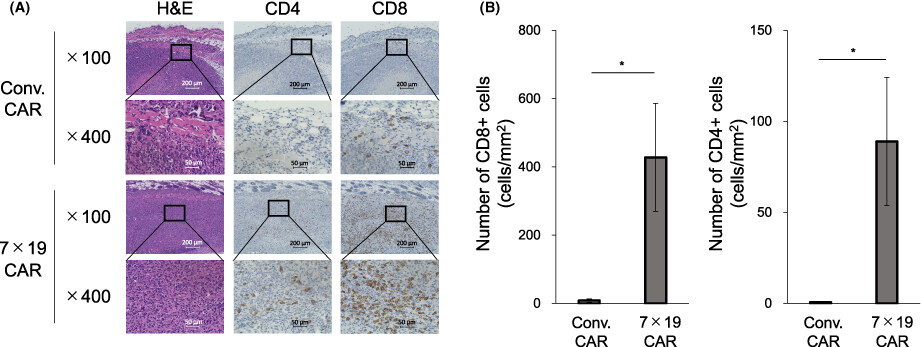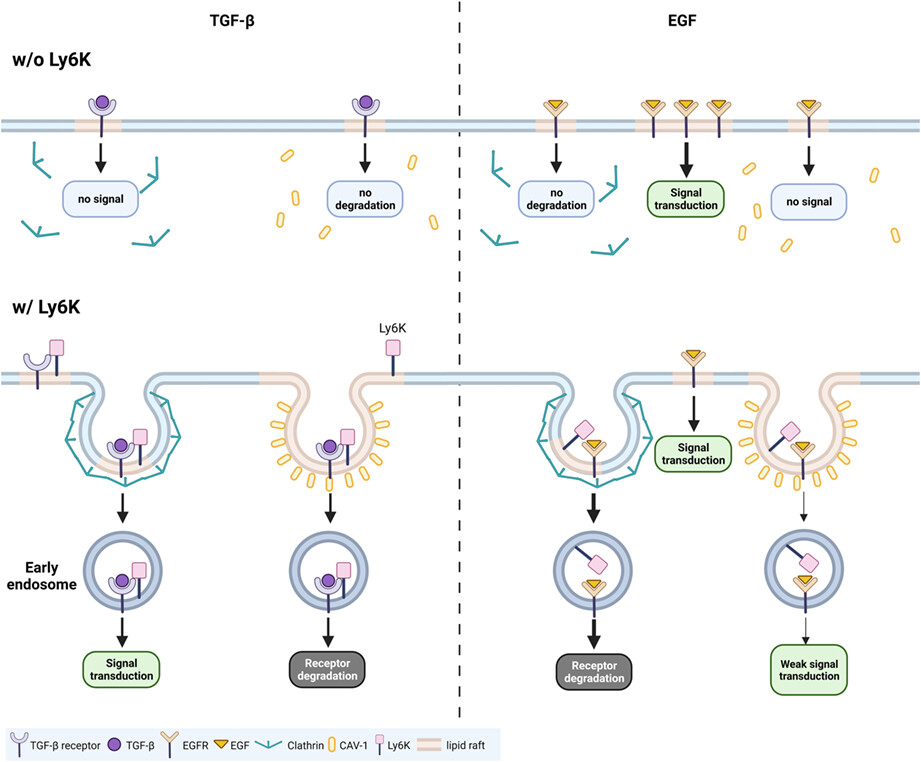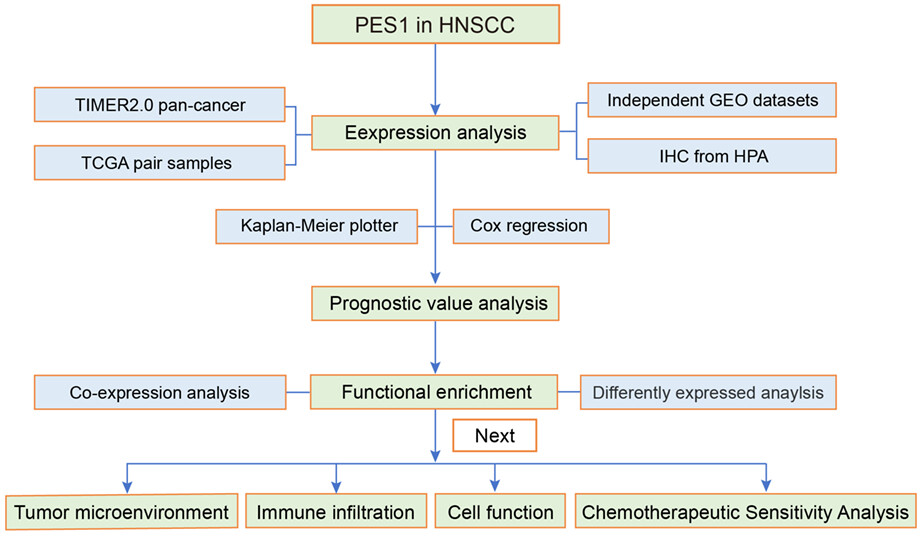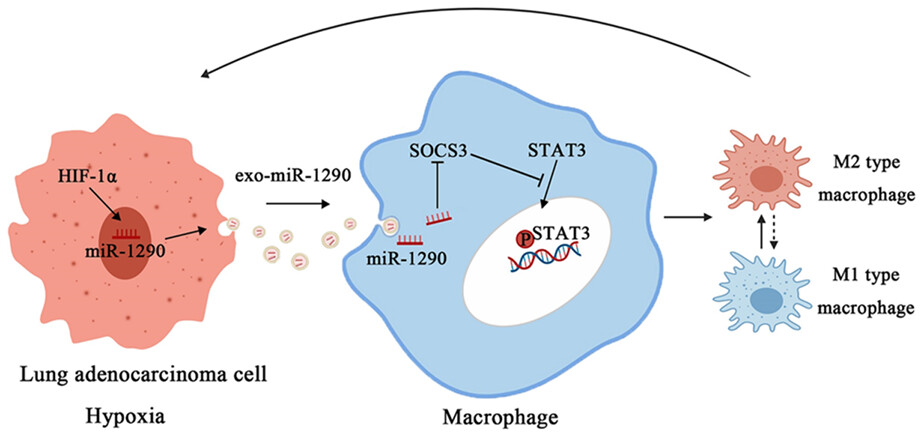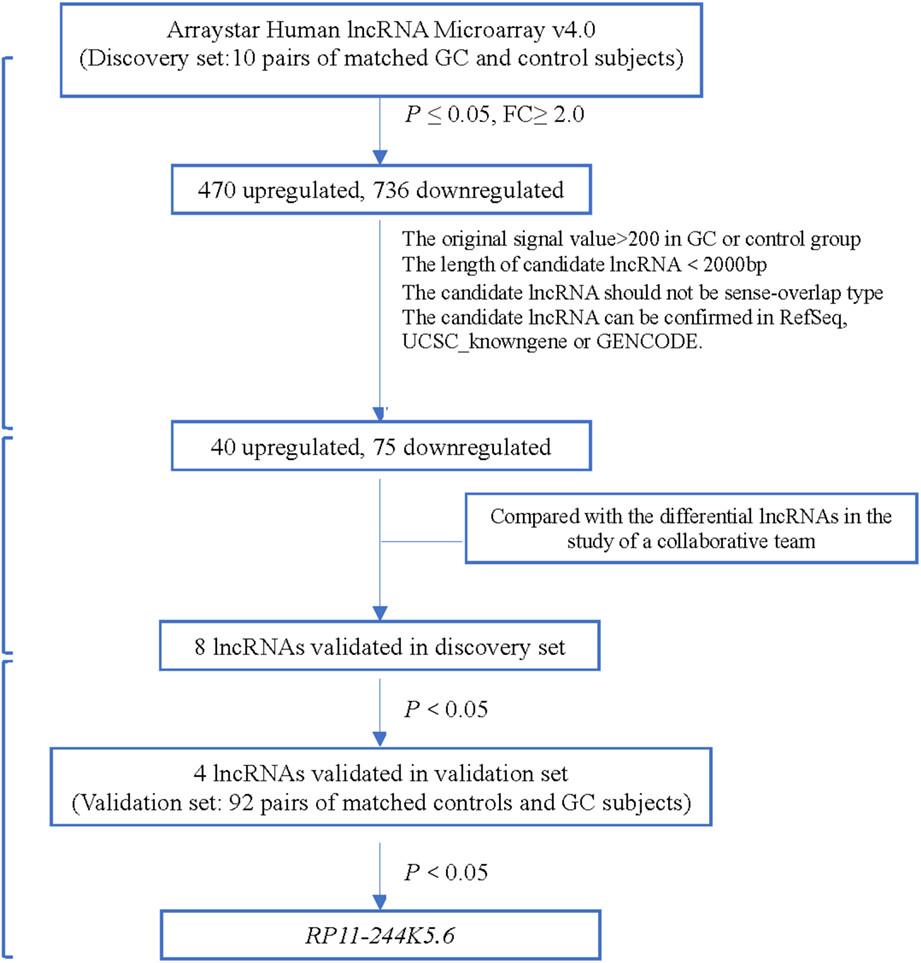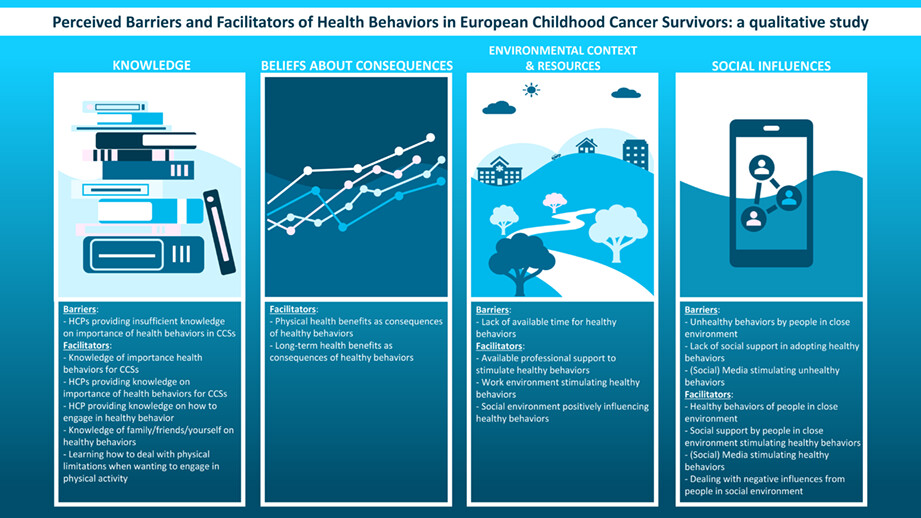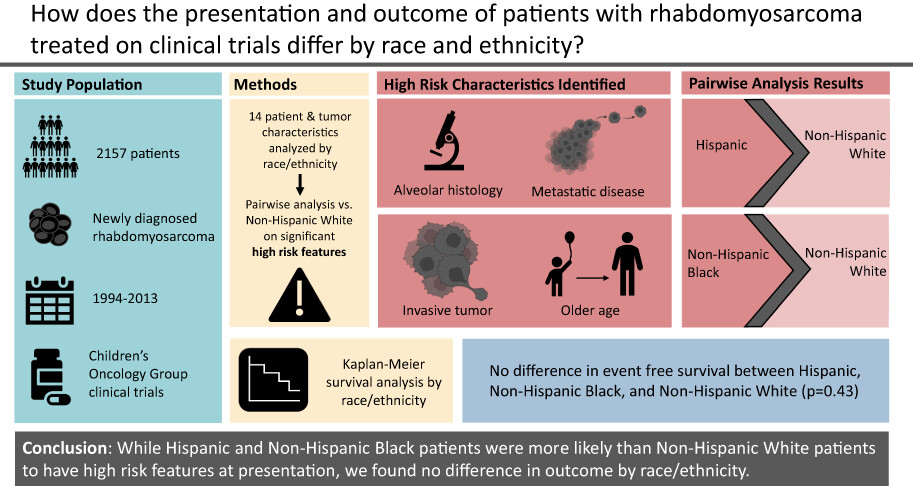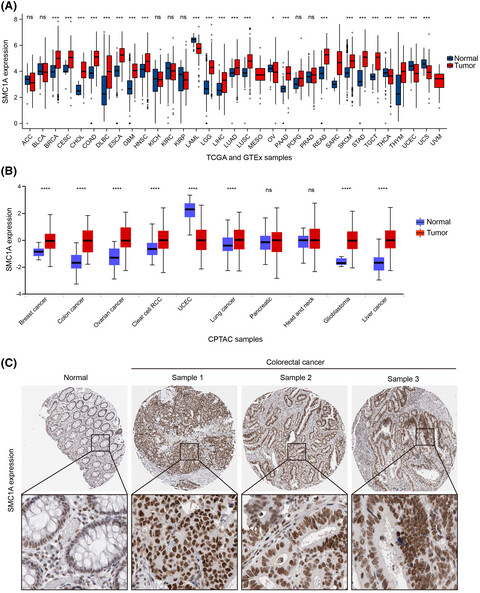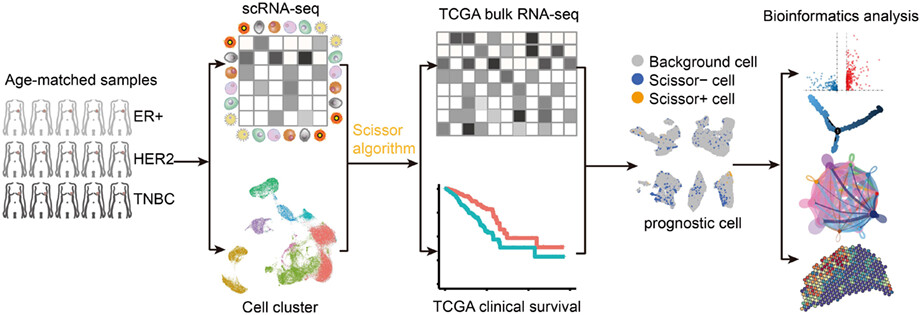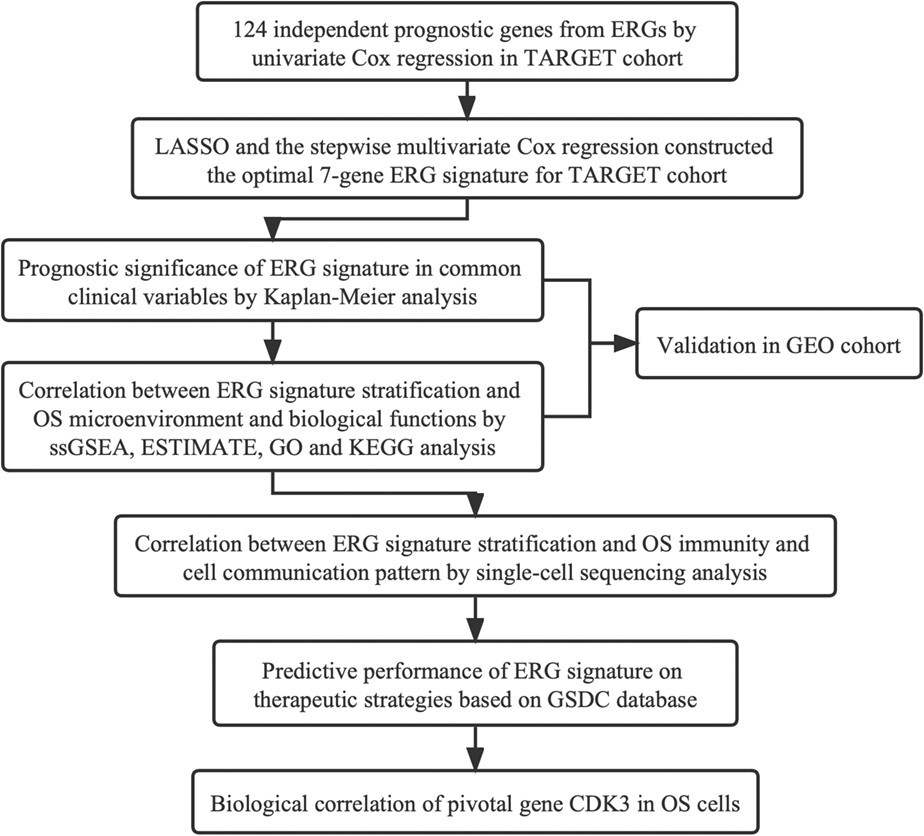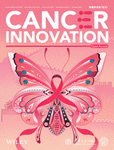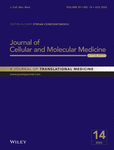Journal list menu
Export Citations
Download PDFs
ISSUE INFORMATION
RESEARCH ARTICLES
Clinical Cancer Research
Preoperative denosumab treatment in patients with giant cell bone tumors in limbs: A retrospective study using propensity score matching
- Pages: 12041-12049
- First Published: 22 May 2023
Benign-malignant classification of pulmonary nodules by low-dose spiral computerized tomography and clinical data with machine learning in opportunistic screening
- Pages: 12050-12064
- First Published: 29 May 2023
Avelumab for the treatment of locally advanced or metastatic Merkel cell carcinoma—A multicenter real-world experience in Israel
- Pages: 12065-12070
- First Published: 03 April 2023
Phase II study (KAMELEON) of single-agent T-DM1 in patients with HER2-positive advanced urothelial bladder cancer or pancreatic cancer/cholangiocarcinoma
- Pages: 12071-12083
- First Published: 29 April 2023
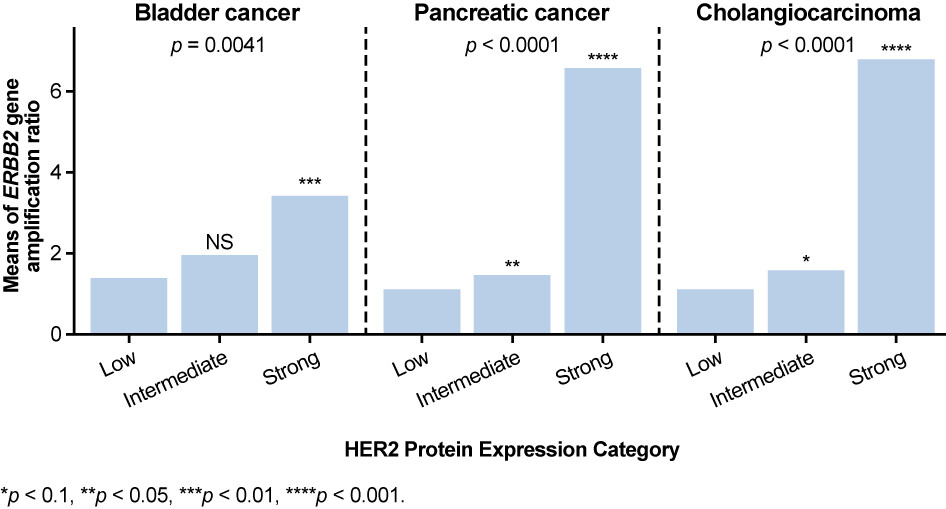
The phase II KAMELEON study investigated the efficacy of T-DM1 in selected HER2-positive non-breast tumors. Although KAMELEON was terminated prematurely due to recruitment difficulty, the study demonstrated that patients with HER2-positive urothelial bladder cancer or pancreatic cancer can respond to T-DM1. This study provided insight into the prevalence of HER2 positivity and expression patterns in these tumor types and may inform the use of T-DM1–based regimens in HER2-positive non-breast tumors.
Singe intraoperative instillation of chemotherapy during radical cystectomy for bladder cancer: Oncological outcome and survival predictors
- Pages: 12084-12094
- First Published: 16 April 2023
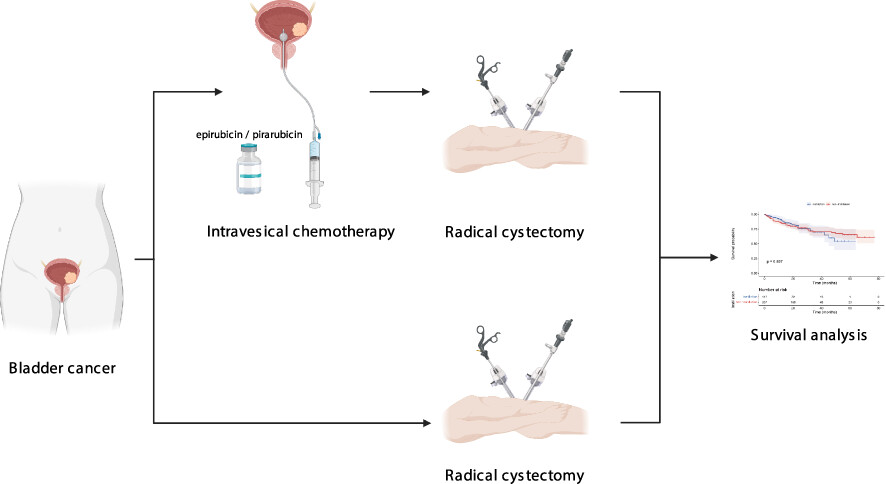
The effectiveness of intraoperative intravesical chemotherapy is an important, but understudied, for preventing tumor residue. This study aimed to explore and verify the effect of intraoperative instillation of chemotherapy during radical cystectomy. A single intraoperative instillation of chemotherapy during radical cystectomy was not related to better disease free survival or overall survival.
The impact of the COVID-19 pandemic on perioperative chemotherapy for breast cancer
- Pages: 12095-12105
- First Published: 03 April 2023
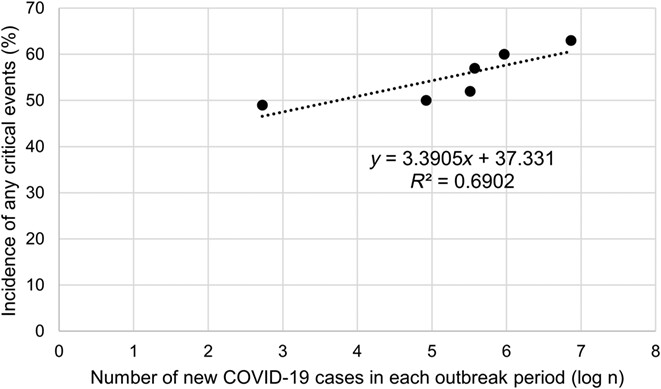
This retrospective study examined the impact of the COVID-19 pandemic on perioperative chemotherapy for breast cancer. Patients with breast cancer who received perioperative chemotherapy were divided into 2 groups: 120 and 384 patients who started chemotherapy before and during the pandemic, respectively. Although no significant difference in the incidence of critical events that had potential detrimental effects on the prognosis, such as start of adjuvant chemotherapy ≥91 days after surgery and relative dose intensity of chemotherapy <85% was found, the incidence tended to increase through the outbreak periods, particularly the fifth and sixth periods.
Neoadjuvant therapy with camrelizumab plus gemcitabine and cisplatin for patients with muscle-invasive bladder cancer: A multi-center, single-arm, phase 2 study
- Pages: 12106-12117
- First Published: 06 April 2023
Variations in colorectal cancer pattern of care by age and comorbidity in South Australia
- Pages: 12118-12127
- First Published: 21 April 2023
Preliminary clinical outcomes of head and neck squamous cell carcinoma treated with particle beam radiation therapy
- Pages: 12128-12138
- First Published: 11 April 2023
Expression of Tryptophan Metabolism Enzymes in Patients with Diffuse Large B-cell Lymphoma and NK/T-cell Lymphoma
- Pages: 12139-12148
- First Published: 06 May 2023
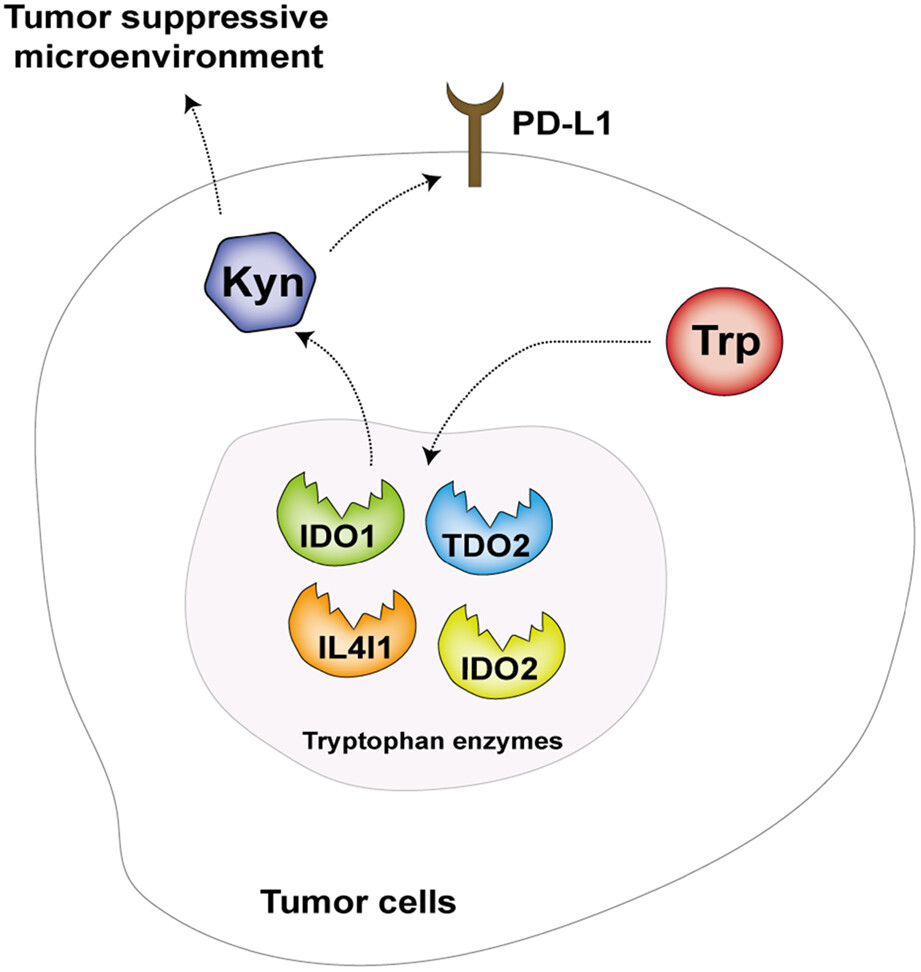
The degradation of Tryptophan to Kynurenine is catabolized by tryptophan enzymes, including IDO1, IDO2, TDO2, and IL4I1, which up-regulate PD-L1 expression and promote tumor suppressive microenvironment in various cancers. In the present study, we constructed tissue microarrays and performed in situ staining of Trp-catabolizing enzymes and PD-L1 using immunohistochemistry in the diffuse large B-cell lymphoma (DLBCL) or natural killer/T-cell lymphoma (NK/TCL). We provide potential strategies for Trp metabolism enzyme inhibitors in combination with anti-PD-L1 or other immunotherapeutic strategies in clinical DLBCL or NK/TCL treatment.
Accelerated epigenetic aging and myopenia in young adult cancer survivors
- Pages: 12149-12160
- First Published: 09 April 2023
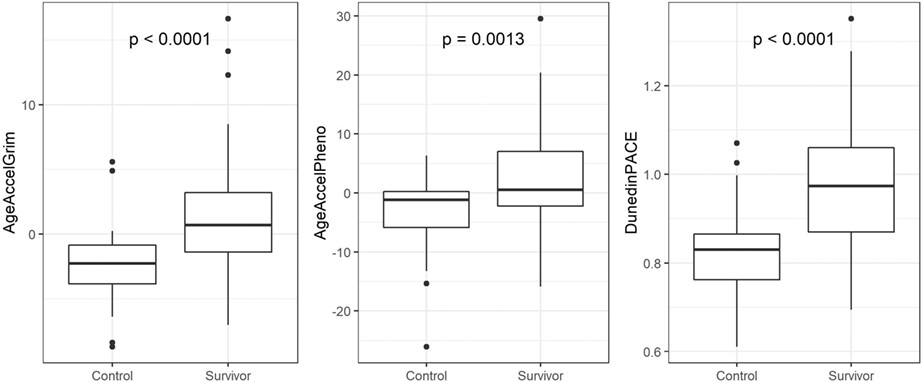
In this cohort study of 58 young adult cancer survivors and 27 comparably aged, noncancer comparators, epigenetic age was greater among survivors compared to controls. Among survivors, greater epigenetic age was associated with myopenia and frailty. Young adult cancer survivors have greater epigenetic age potentially providing a useful tool to assess risk for physiological impairment, disability, and poor health.
Multiperspective quantitative tumor–stroma ratio reveals histological areas associated with poor outcomes in oral squamous cell carcinoma
- Pages: 12161-12172
- First Published: 15 May 2023
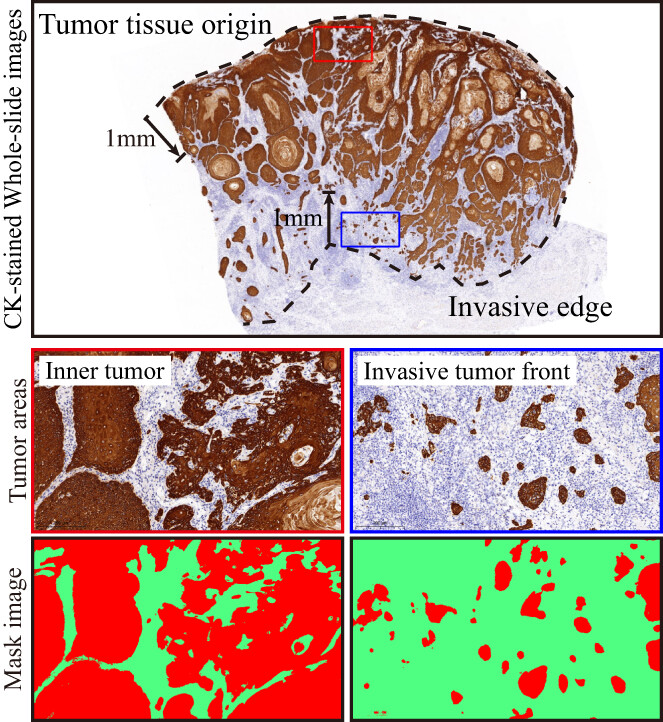
Different regions of oral squamous cell carcinoma (OSCC) have particular histopathological and molecular characteristics. Histopathological-based models may be used to stratify patients into low- and high-risk classes. TSRs of the inner tumor and invasive tumor front can predict the prognosis of OSCC patients.
Liver injury indicators and subsequent cancer development among non-fatty liver population
- Pages: 12173-12186
- First Published: 04 April 2023
Efficacy of post-first-line agents for advanced gastrointestinal stromal tumors following imatinib failure: A network meta-analysis
- Pages: 12187-12197
- First Published: 21 April 2023
The Milan system for reporting salivary gland cytopathology—A single-center study of 2156 cases
- Pages: 12198-12207
- First Published: 16 April 2023
Epidemiological, therapeutic, and survival trends in malignant pleural mesothelioma: A review of the National Cancer Database
- Pages: 12208-12220
- First Published: 16 April 2023
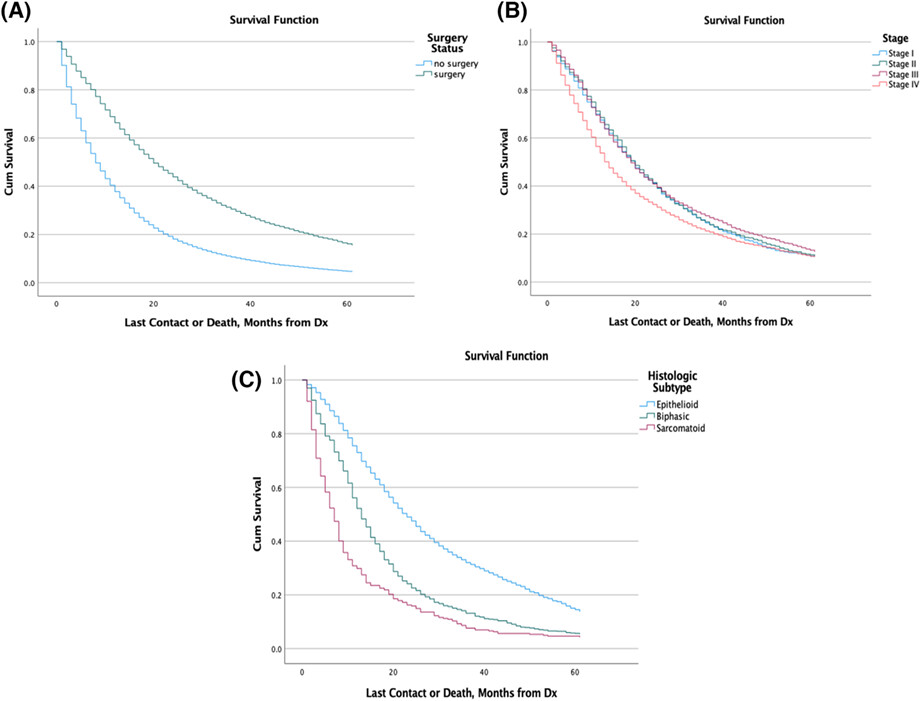
The recently released National Cancer Database (NCDB) database proved the most updated trends in the prevalence, management, and diagnosis of malignant mesothelioma. Due to the small numbers of patients at most academic centers, the NCDB provides a robust dataset to draw upon broad data points in treatment discussions with patients.
Comparison of the efficacy between immunochemotherapy and chemotherapy in gastric cancer accompanied with synchronous liver metastases: A real-world retrospective study
- Pages: 12221-12233
- First Published: 16 April 2023
Distinct circulating cytokine/chemokine profiles correlate with clinical benefit of immune checkpoint inhibitor monotherapy and combination therapy in advanced non-small cell lung cancer
- Pages: 12234-12252
- First Published: 16 April 2023
Pre-treatment comorbidities, C-reactive protein and eosinophil count, and immune-related adverse events as predictors of survival with checkpoint inhibition for multiple tumour entities
- Pages: 12253-12262
- First Published: 21 April 2023
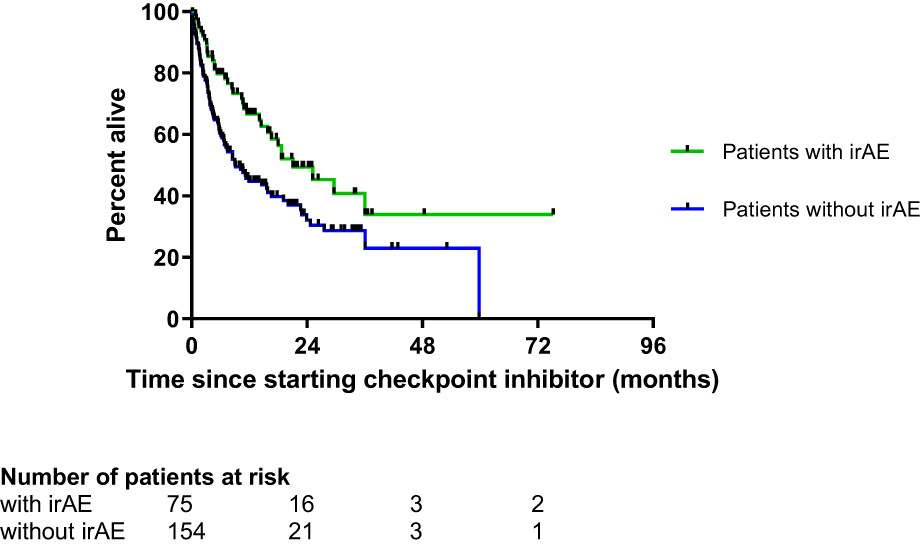
In this real-life study of survival with checkpoint inhibitor therapy for multiple tumour entities, we observed an independent association of pre-treatment comorbidities, CRP and eosinophil count, and occurrence of irAE with improved overall survival. These parameters represent promising markers for predicting treatment response.
Safety and efficacy of GEMOX plus donafenib and tislelizumab as first-line therapy for advanced epithelial malignant biliary tract cancer
- Pages: 12263-12271
- First Published: 11 April 2023
Hepatic disease control in patients with intrahepatic cholangiocarcinoma correlates with overall survival
- Pages: 12272-12284
- First Published: 16 April 2023
Dynamics of disease progression during treatment with Osimertinib in patients with EGFR T790M-positive non-small cell lung cancer
- Pages: 12285-12298
- First Published: 25 April 2023
Sodium-glucose cotransporter 2 inhibitors versus dipeptidyl peptidase 4 inhibitors on new-onset overall cancer in Type 2 diabetes mellitus: A population-based study
- Pages: 12299-12315
- First Published: 06 May 2023
SGLT2I was associated with lower risk of all-cause mortality, cancer-related mortality and new-onset overall cancer compared to DPP4I after propensity score matching and multivariable adjustment.
Prognostic assessment in patients operated for brain metastasis from systemic tumors
- Pages: 12316-12324
- First Published: 11 April 2023
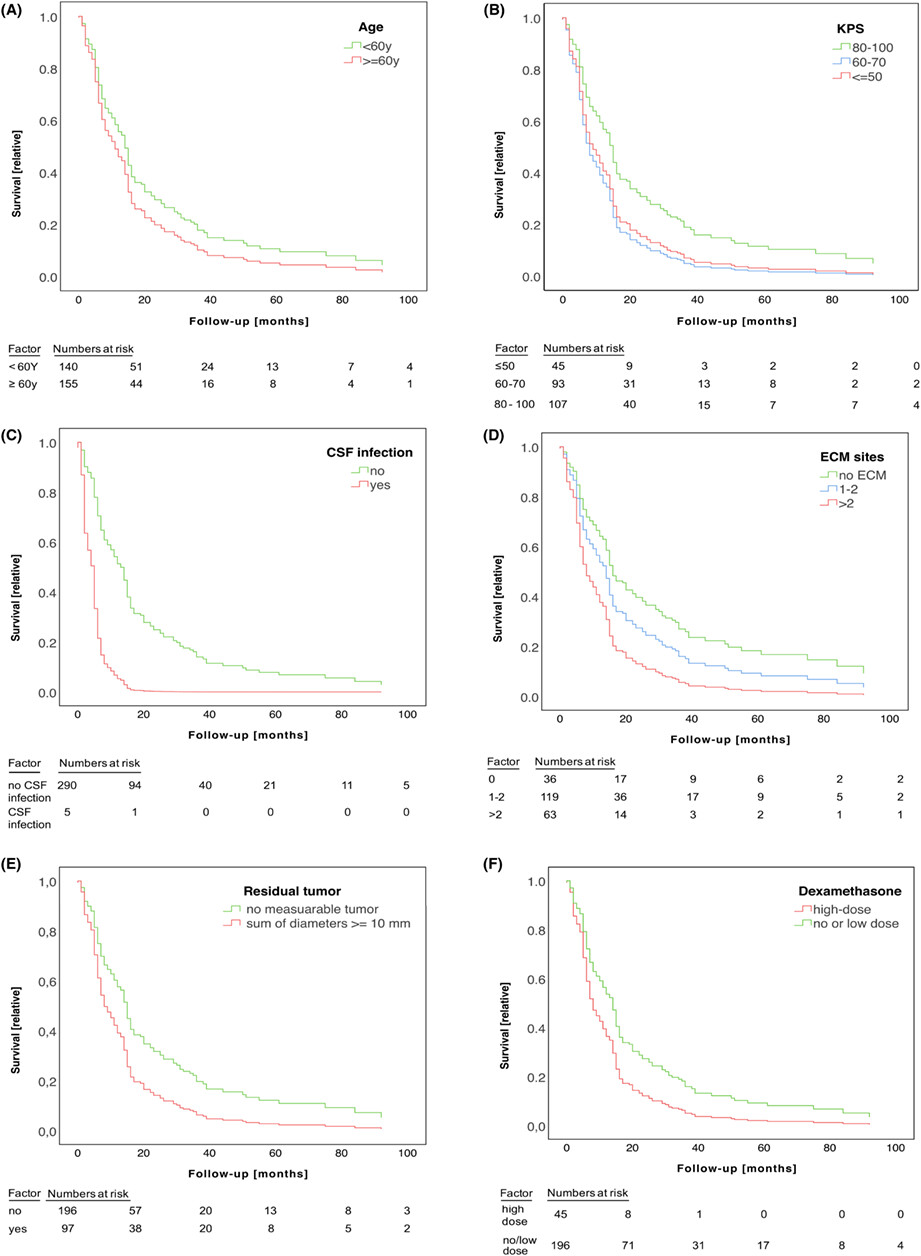
Here we tested the prognostic accuracy of the Graded Prognostic Assessment (GPA) score model in patients operated for BM and explored further prognostic factors. We confirm the prognostic value of the GPA score in a cohort of operated patients with brain metastasis. However, extent of resection and steroid use provide additional aid for the prognostic assessment in these patients.
The impact of curative conversion therapy aimed at a cancer-free state in patients with hepatocellular carcinoma treated with atezolizumab plus bevacizumab
- Pages: 12325-12335
- First Published: 16 April 2023
Sensitivity of cytology in liver tumor biopsy and its significance in the prompt clinical diagnosis of non-hepatocellular carcinoma
- Pages: 12336-12342
- First Published: 16 April 2023

Sensitivity of on-site cytology for malignancy in liver tumor biopsy was comparable to that of conventional cytology. Non-hepatocellular carcinomas (Non-HCC) detection sensitivity using conventional (99.3%) and on-site cytology (99.3%) were significantly high. On-site cytology may be useful for patients with advanced cancer for quick initiation of treatment, because on-site cytology with clinical information enabled the clinical diagnosis of most non-HCC tumors (126/140, 90.0%).
Time trends and survival of marginal zone lymphoma over 25 years in Girona, Spain (1994–2018)
- Pages: 12343-12353
- First Published: 19 April 2023
Effect of co-medications and potential risk factors of high-dose methotrexate-mediated acute hepatotoxicity in patients with osteosarcoma
- Pages: 12354-12364
- First Published: 16 April 2023
Pure and mixed clear cell carcinoma of the endometrium: A molecular and immunohistochemical analysis study
- Pages: 12365-12376
- First Published: 20 April 2023
Efficacy and toxicity of CLAG combined with pegylated liposomal doxorubicin in the treatment of refractory or relapsed acute myeloid leukemia
- Pages: 12377-12387
- First Published: 10 May 2023
Disease progression status during initial immune checkpoint inhibitor (ICI) affects the clinical outcome of ICI retreatment in advanced non-small cell lung cancer patients
- Pages: 12388-12401
- First Published: 16 April 2023
Low-energy amplitude-modulated electromagnetic field exposure: Feasibility study in patients with hepatocellular carcinoma
- Pages: 12402-12412
- First Published: 15 May 2023
Predicting the survival of patients with pancreatic neuroendocrine neoplasms using deep learning: A study based on Surveillance, Epidemiology, and End Results database
- Pages: 12413-12424
- First Published: 11 May 2023
Novel predictors of immune checkpoint inhibitor response and prognosis in advanced non-small-cell lung cancer with bone metastasis
- Pages: 12425-12437
- First Published: 19 April 2023
TP53 mutations predict poor response to immunotherapy in patients with metastatic solid tumors
- Pages: 12438-12451
- First Published: 20 April 2023
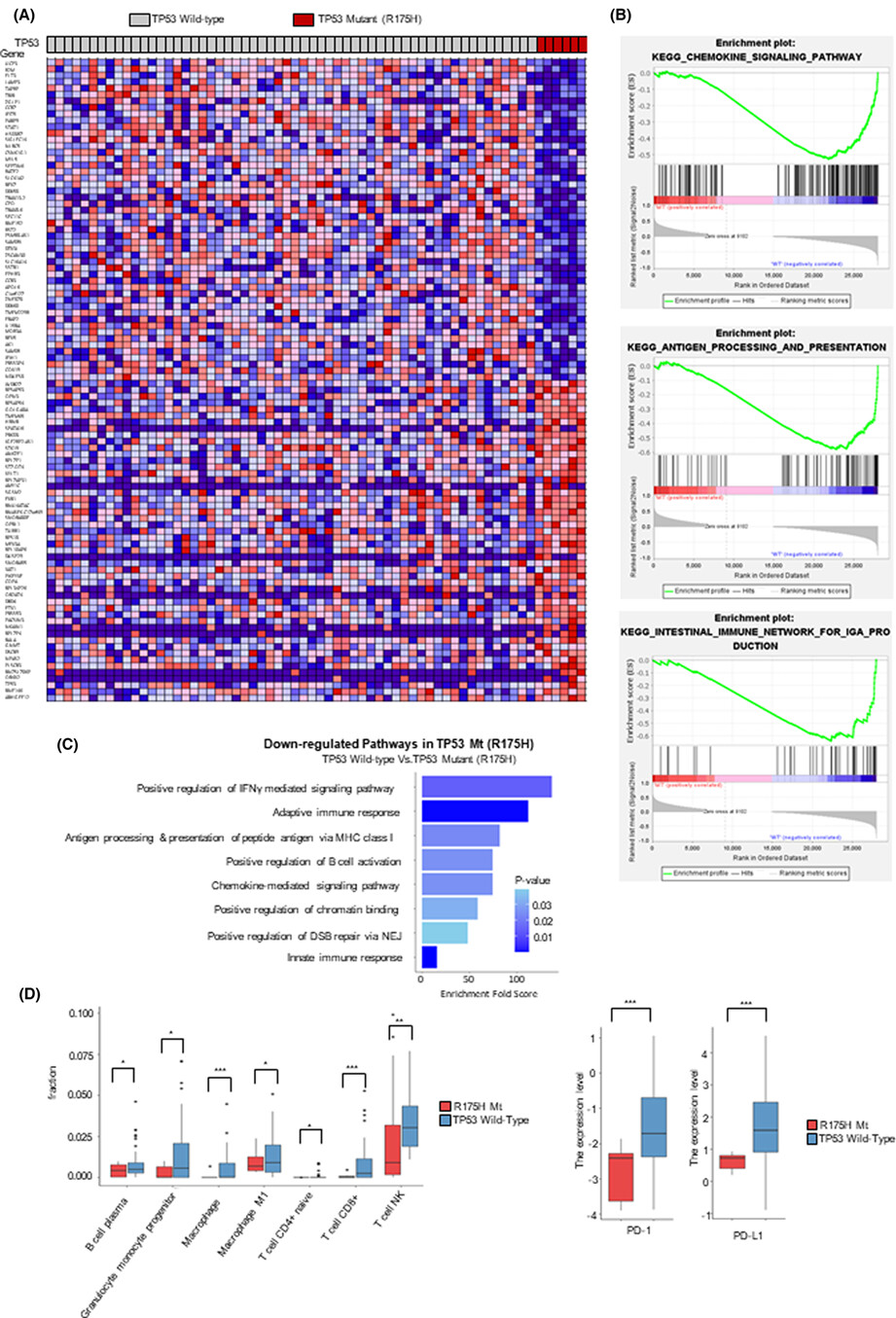
TP53 is the most commonly mutated tumor suppressor gene across all cancer types. We show that four factors determine the response to chemotherapy in patients with metastatic solid tumors harboring the TP53 mutation.TP53 mutations can predict different outcomes following chemotherapy and immunotherapy.
Individualized prediction of survival benefit from postoperative radiotherapy for patients with malignant pleural mesothelioma
- Pages: 12452-12461
- First Published: 19 April 2023
Added diagnostic value of routinely measured hematology variables in diagnosing immune checkpoint inhibitor mediated toxicity in the emergency department
- Pages: 12462-12469
- First Published: 19 April 2023
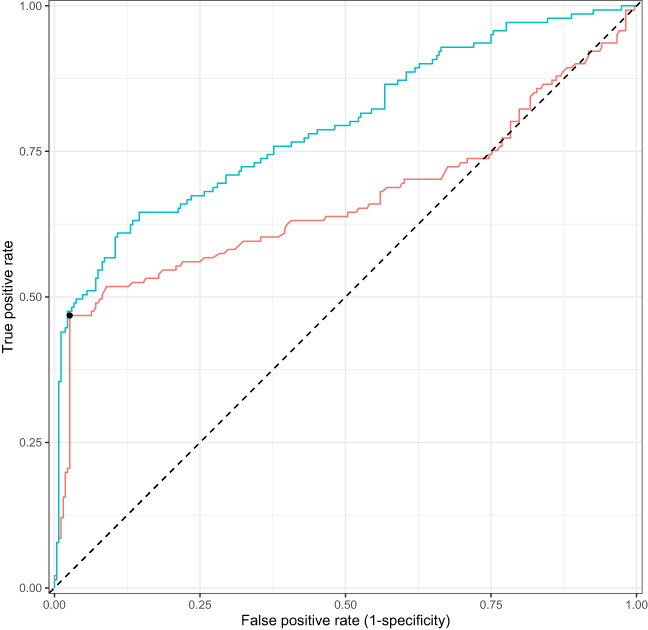
Routinely measured hematological parameters have added diagnostic value in patients on checkpoint inhibitors who visit the emergency department with suspected immune-related adverse events. The physician's preliminary diagnosis had an AUROC of 0.67, which improved to 0.79 after adding four hematological parameters.
A promising prognostic model for predicting survival of patients with HIV-related diffuse large B-cell lymphoma in the cART era
- Pages: 12470-12481
- First Published: 20 April 2023
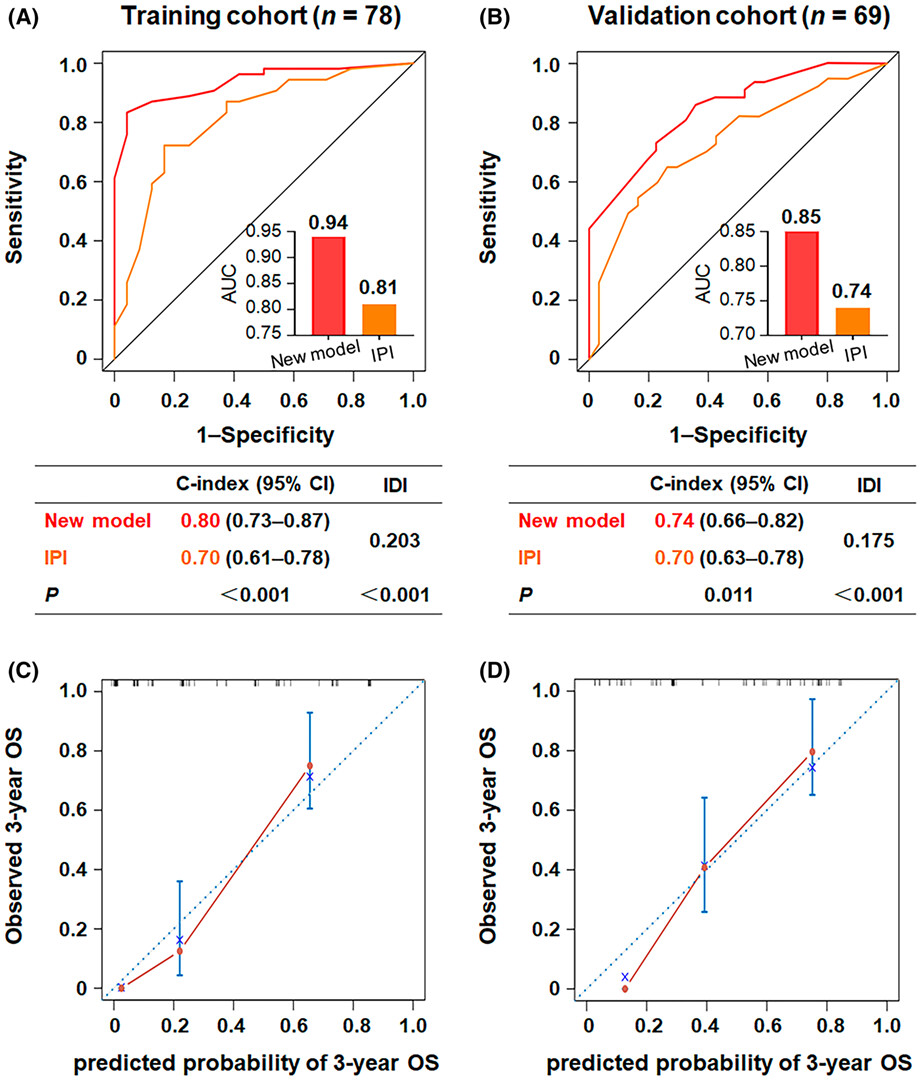
Prognostic tool is unmet for human immunodeficiency virus (HIV)-related DLBCL individuals in the era of combined antiretroviral therapy. In this retrospective multicenter observational study, we innovatively developed and externally validated a simple, feasible, and powerful new prognostic model in the HIV-related DLBCL setting, which integrated host immunity. The novel index was superior to the traditional IPI score in terms of discrimination, risk stratification, and predictive accuracy, to inform individualized treatment decisions.
Metastatic sites and lesion numbers cooperated to predict efficacy of PD-1 inhibitor-based combination therapy for patients with metastatic colorectal cancer
- Pages: 12482-12494
- First Published: 20 April 2023
Heterogeneity in intracranial relapses after complete resection of lung adenocarcinoma: Distinct features of brain-only relapse versus synchronous extracranial relapse
- Pages: 12495-12503
- First Published: 16 April 2023
Acupuncture for the prevention of chemotherapy-induced nausea and vomiting in cancer patients: A systematic review and meta-analysis
- Pages: 12504-12517
- First Published: 24 May 2023
BRIEF COMMUNICATION
Clinical Cancer Research
Effect modification of age and hypertension on cancer and prevalence of self-reported stroke – A cross-sectional study
- Pages: 12518-12523
- First Published: 21 April 2023
Age has been found to be an effect modifier of the relationship between cancer and stroke. The association between cancer and stroke is strongest in young individuals (<40 years) and without a history of hypertension.
RESEARCH ARTICLE
Clinical Cancer Research
Sentinel node-assisted neck dissection in advanced oral squamous cell carcinoma—A new protocol for staging and treatment
- Pages: 12524-12534
- First Published: 21 April 2023
BIBLIOMETRIC ANALYSIS
Clinical Cancer Research
Characteristics and research status among clinical trials in cardio-oncology by bibliometric and visualized analysis
- Pages: 12535-12547
- First Published: 06 May 2023
BRIEF COMMUNICATION
Clinical Cancer Research
Rituximab/bendamustine/cytarabine for transplant-eligible patients with mantle cell lymphoma: A retrospective study
- Pages: 12548-12552
- First Published: 18 May 2023
RESEARCH ARTICLES
Cancer Biology
CircFAM114A2 inhibits the progression of hepatocellular carcinoma via miR-630/HHIP axis
- Pages: 12553-12568
- First Published: 11 April 2023
Therapeutic effects of anti-GM2 CAR-T cells expressing IL-7 and CCL19 for GM2-positive solid cancer in xenograft model
- Pages: 12569-12580
- First Published: 09 April 2023
Knockdown of kinesin family member 4A inhibits cell proliferation, migration, and invasion while promoting apoptosis of urothelial bladder carcinoma cells
- Pages: 12581-12592
- First Published: 11 April 2023
LY6K depletion modulates TGF-β and EGF signaling
- Pages: 12593-12607
- First Published: 19 April 2023
Targeting exosomes enveloped EBV-miR-BART1-5p-antagomiRs for NPC therapy through both anti-vasculogenic mimicry and anti-angiogenesis
- Pages: 12608-12621
- First Published: 25 April 2023
PES1 is a biomarker of head and neck squamous cell carcinoma and is associated with the tumor microenvironment
- Pages: 12622-12638
- First Published: 19 April 2023
Hypoxic lung adenocarcinoma-derived exosomal miR-1290 induces M2 macrophage polarization by targeting SOCS3
- Pages: 12639-12652
- First Published: 20 April 2023
Ginsenoside Rh2 attenuates the progression of non-small cell lung cancer by sponging miR-28-5p/STK4 axis and inactivating Wnt/β-catenin signaling
- Pages: 12653-12667
- First Published: 20 April 2023
Cancer Prevention
Metabolically defined body size and body shape phenotypes and risk of postmenopausal breast cancer in the European Prospective Investigation into Cancer and Nutrition
- Pages: 12668-12682
- First Published: 25 April 2023
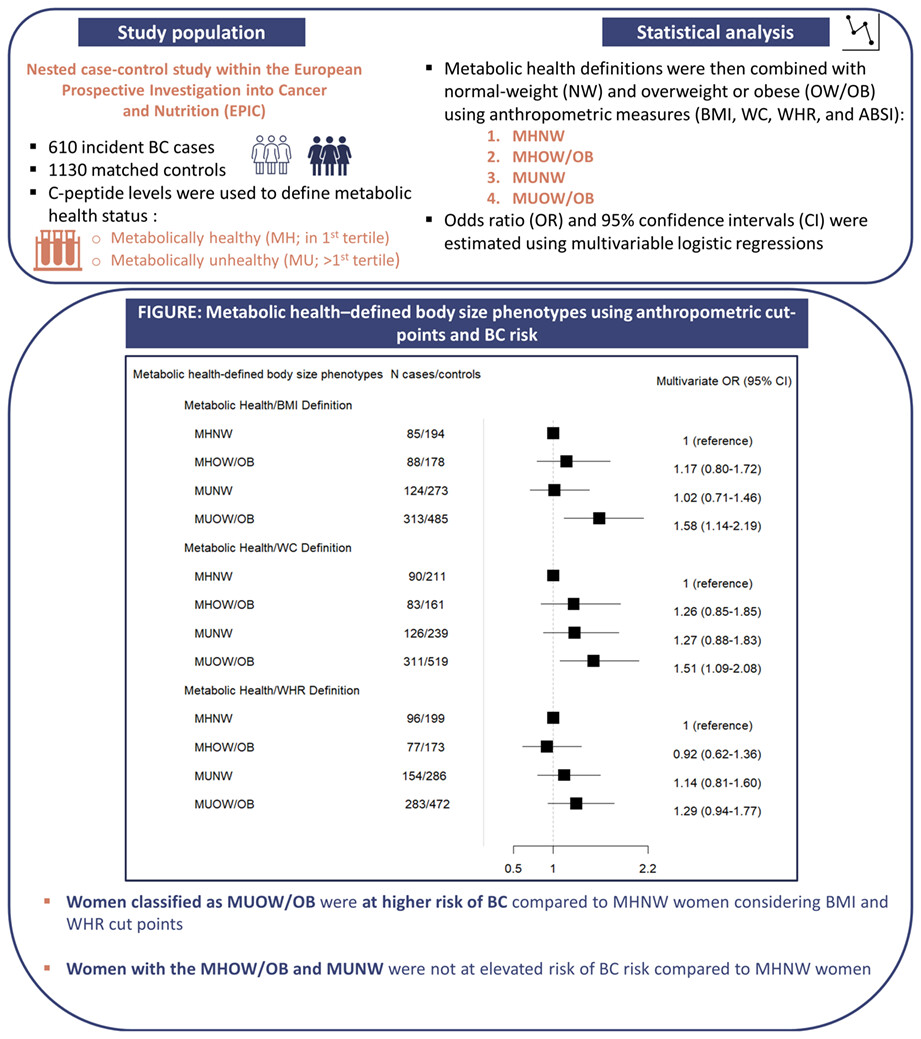
In this nested case-control study, we found that being overweight or obese and metabolically unhealthy raises risk of postmenopausal breast cancer while overweight or obese women with normal insulin levels are not at higher risk. These findings are consistent with findings from previous cohort studies.
Inequalities in survival and care across social determinants of health in a cohort of advanced lung cancer patients in Quebec (Canada): A high-resolution population-level analysis
- Pages: 12683-12704
- First Published: 05 April 2023
Fatigue, quality of life and associations with adherence to the World Cancer Research Fund guidelines for health behaviours in 5835 adults living with and beyond breast, prostate and colorectal cancer in England: A cross-sectional study
- Pages: 12705-12716
- First Published: 06 April 2023
Acceptability of computerized cognitive training and global cognitive stimulating-based games delivered remotely: Results from a randomized controlled trial to address cancer and cancer-related cognitive impairment in breast cancer survivors
- Pages: 12717-12727
- First Published: 11 April 2023

Cancer survivors often incur cancer-related cognitive impairment (CRCI). Computerized cognitive training and cognitive stimulating-based games have been used to improve CRCI. These methods have been shown to be well received and engaging; however more research is needed to engage patients in these programs for optimal results.
Gastric cancer-associated long non-coding RNA profiling and noninvasive biomarker screening based on a high-risk population cohort
- Pages: 12728-12738
- First Published: 21 April 2023
“Everything's a fight”: A qualitative study of the cancer survivorship experiences of transgender and gender diverse Australians
- Pages: 12739-12748
- First Published: 18 April 2023
Perceived barriers and facilitators to health behaviors in European childhood cancer survivors: A qualitative PanCareFollowUp study
- Pages: 12749-12764
- First Published: 07 April 2023
General population reference values for the Functional Assessment of Cancer Therapy-Lung and PROMIS-29
- Pages: 12765-12776
- First Published: 06 May 2023
This study provides reference values for FACT-L and its subscales from the general population, with most scores similar to those from previous references value sets. These reference values will be useful for future clinical research and will help us understand the extent of burden related to treatment relative to the population at large.
Impact of race and ethnicity on presentation and outcomes of patients treated on rhabdomyosarcoma clinical trials: A report from the Children's Oncology Group
- Pages: 12777-12791
- First Published: 20 April 2023
Clear cell renal cell carcinoma molecular variations in non-Hispanic White and Hispanic patients
- Pages: 12792-12801
- First Published: 20 April 2023

Clear cell renal cell carcinoma is an obesity-related subtype of kidney cancer which is unevenly affecting racial and ethnic minority groups. Hispanics have different molecular characteristics from non-Hispanic Whites, potentially due to different prevalence of risk factors. Molecular variations likely impact use of molecular biomarkers to assess disease progression in diverse patient populations.
Investigating potential disparities in clinical trial eligibility and enrollment at an NCI-designated comprehensive cancer center
- Pages: 12802-12812
- First Published: 07 May 2023
A thorough review assessing the clinical trial eligibility of individual cancer patients seen at an academic center demonstrates that only 21% of patients were eligible for any trials, and only half of these eligible patients had documented evidence of clinical trial offer. Specific demographic groups were less likely to receive a trial offer. Interventions in the clinical encounter are needed to improve recognition of trial eligibility and facilitate trial offer if we hope to improve accrual to cancer clinical trials.
Communication transforms the impact of the COVID-19 pandemic on children with cancer and their families
- Pages: 12813-12826
- First Published: 20 April 2023
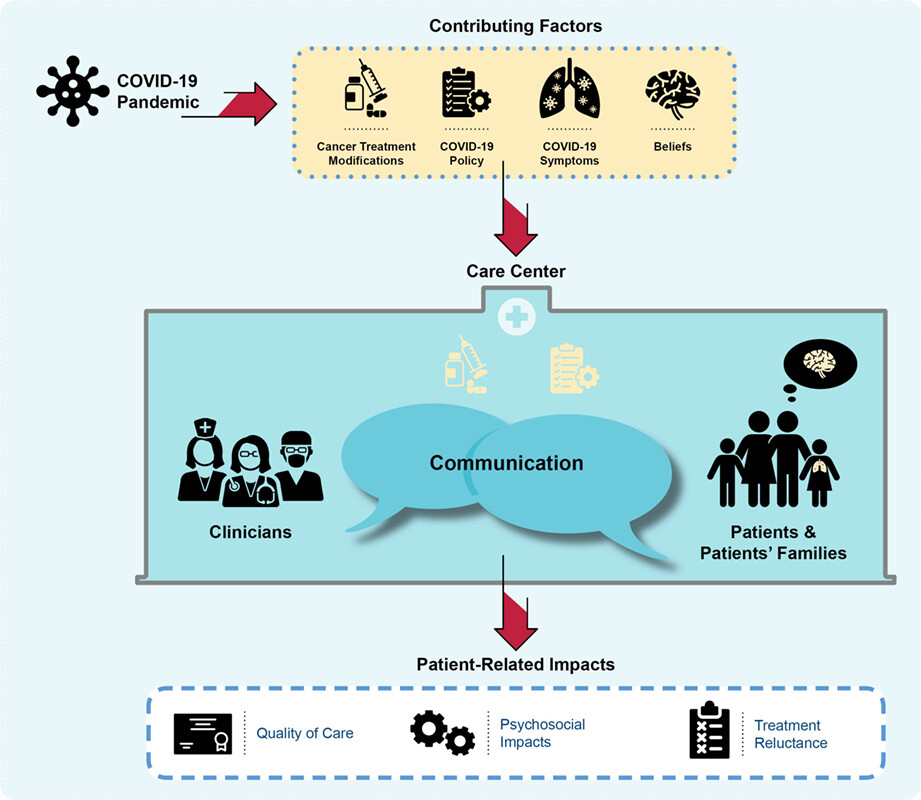
This multinational, qualitative secondary analysis demonstrates how communication transformed the effects of the COVID-19 pandemic on patients and families. The findings of this study emphasize the importance of developing communication centered interventions as a means of mitigating impacts on patient care.
Impact of race/ethnicity and language preferences on pediatric ALL survival outcomes
- Pages: 12827-12836
- First Published: 16 April 2023
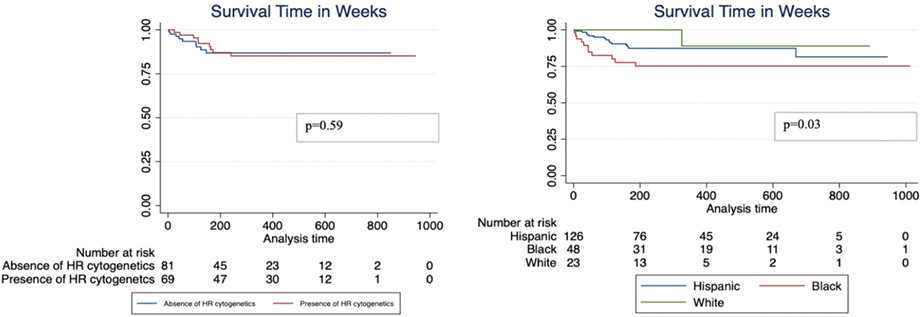
We performed a retrospective cohort analysis of 274 pediatric ALL/ALLy patients within Montefiore Health System from 2004 to 2021 to determine differences in all-cause mortality within the Pediatric Hematologic Malignancies Cohort using Cox Proportional Hazard regression modeling, adjusted for age at diagnosis, race/ethnicity, administration of intensive chemotherapy, preferred language, maximum glucose, and hypertension. Hispanic patients were 78% less likely to die (HR 0.22; 95% CI 0.07, 0.73) when compared with Non-Hispanic Black individuals, while Spanish speakers were 2.91 times more likely to die compared with those who spoke English languages (HR 2.91; 95% CI 1.08, 7.82). Hispanic children with ALL/ALLy have improved survival outcomes compared with Non-Hispanic Blacks, but Spanish language preference was strongly associated with poorer survival, a novel finding that should be validated in future studies.
Emotion regulation and choice of bilateral mastectomy for the treatment of unilateral breast cancer
- Pages: 12837-12846
- First Published: 21 April 2023
Pilot study of implementing the Shared Healthcare Actions & Reflections Electronic systems in Survivorship (SHARE-S) program in coordination with clinical care
- Pages: 12847-12860
- First Published: 25 April 2023
We designed the Shared Healthcare Actions & Reflections Electronic Systems in survivorship (SHARE-S) program to enhance survivorship guideline implementation by transitioning some effort from clinicians to technology and patients through supporting health self-management (e.g., healthy lifestyles). This single-group hybrid implementation-effectiveness pilot study demonstrated that the SHARE-S program successfully engaged cancer survivor patients and that they showed promising improvements in health outcomes. Supporting patient self-management is an important component of optimizing delivery of cancer survivorship care.
Health-related quality of life in survivors of advanced melanoma treated with anti-PD1-based immune checkpoint inhibitors
- Pages: 12861-12873
- First Published: 29 April 2023
BRIEF COMMUNICATION
Cancer Prevention
A nurse-led intervention in patients with newly diagnosed cancer and Type 2 diabetes: A pilot randomized controlled trial feasibility study
- Pages: 12874-12880
- First Published: 22 May 2023
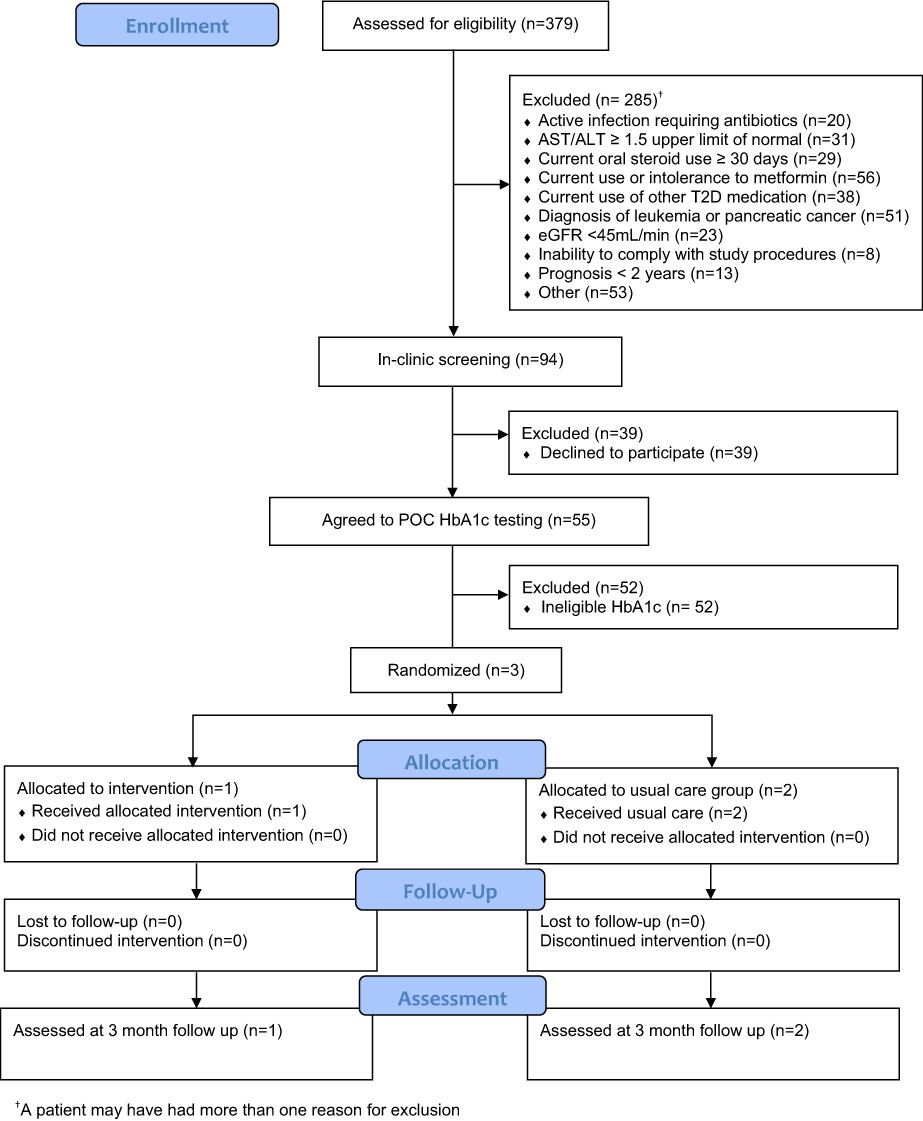
Undiagnosed Type 2 diabetes (T2D) has been associated with advanced stage cancer at diagnosis, higher mortality, and lower long-term all-cause survival. This was a pilot RCT study to examine the feasibility of a nurse-led T2D intervention for adults with newly diagnosed cancer (=3 months), and T2D, undiagnosed or untreated with medication, conducted at an outpatient oncology clinic affiliated with a large academic institution. This study was not feasible due to the cost, time, and personnel needed to screen participants with a point-of-care HbA1c test.
RESEARCH ARTICLES
Bioinformatics
Effects of SMC1A on immune microenvironment and cancer stem cells in colon adenocarcinoma
- Pages: 12881-12895
- First Published: 25 April 2023
Integrative single-cell sequencing analysis distinguishes survival-associated cells from the breast cancer microenvironment
- Pages: 12896-12911
- First Published: 06 April 2023
Identification of an EMT-related gene-based prognostic signature in osteosarcoma
- Pages: 12912-12928
- First Published: 27 April 2023
Landscape of gene mutation in Chinese thyroid cancer patients: Construction and validation of lymph node metastasis prediction model based on clinical features and gene mutation marker
- Pages: 12929-12942
- First Published: 20 April 2023
Integrated analysis based on vesicle trafficking-related genes identifying CNIH4 as a novel therapeutic target for glioma
- Pages: 12943-12959
- First Published: 16 April 2023




